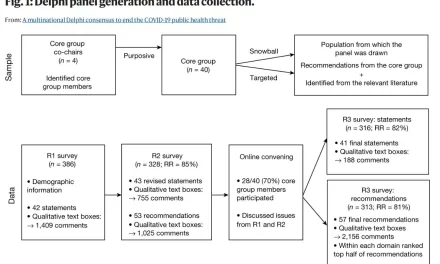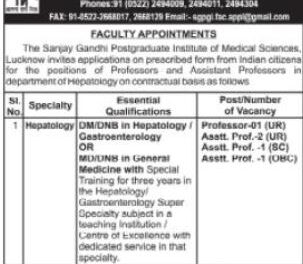Drinking more than three cups of coffee daily may speed up cognitive decline over time, according to results from a large study presented at the Alzheimer’s Association International Conference (AAIC) 2024.
Researchers investigated the effects of varying coffee and tea consumption on fluid intelligence—a measure of cognitive functions such as abstract reasoning, pattern recognition, and logical thinking.
“It’s the old adage that too much of anything isn’t good. It’s all about balance, so moderate coffee consumption is okay, but too much is probably not recommended,” said Dr. Kelsey R. Sewell from Advent Health Research Institute, Orlando, who led the study.
Coffee: A Double-Edged Sword
Coffee, one of the world’s most widely consumed beverages, contains bioactive compounds like caffeine and chlorogenic acid, which have been linked to various health benefits, including reduced risks of stroke, heart failure, cancers, diabetes, and Parkinson’s disease. Previous studies even suggested that coffee might lower the risk of Alzheimer’s disease. However, longitudinal data on coffee’s effects on cognitive decline have been limited.
Dr. Sewell’s team built on prior research that indicated greater coffee consumption was associated with slower cognitive decline and less brain beta-amyloid accumulation. This new study examined coffee and tea intake’s relationship with cognitive decline in a larger sample of older adults.
The Study Details
The study involved 8,451 cognitively unimpaired adults aged 60 and above from the UK Biobank. The participants, predominantly female (60%) and White (97%), had an average age of 67.8 years and a mean body mass index (BMI) of 26. About 26% carried the apolipoprotein epsilon 4 (APOE e4) gene, a known risk factor for Alzheimer’s disease.
Participants’ coffee and tea consumption was categorized into high, moderate, and no consumption. For coffee, 18% reported drinking four or more cups daily (high consumption), 58% drank one to three cups (moderate consumption), and 25% never drank coffee. For tea, 47% drank four or more cups daily (high consumption), 38% drank one to three cups (moderate consumption), and 15% never drank tea.
Cognitive function was assessed at the study’s start and during at least two follow-up visits. Researchers used linear mixed models to analyze the relationships between coffee and tea intake and cognitive outcomes, adjusting for factors like age, sex, socioeconomic status, ethnicity, APOE e4 status, and BMI.
Key Findings
The study found that high coffee consumption (four or more cups daily) was linked to the steepest decline in fluid intelligence over an average follow-up of 8.83 years. In contrast, moderate coffee consumption and no coffee consumption were associated with a slower decline in fluid intelligence.
“We can see that those with high coffee consumption showed the steepest decline in fluid intelligence across the follow-up, compared to those with moderate coffee consumption and those never consuming coffee,” said Sewell, referring to illustrative graphs.
Interestingly, moderate coffee consumption appeared to offer some protection against cognitive decline. “Our data suggest that across this time period, moderate coffee consumption can serve as some kind of protective factor against cognitive decline,” Sewell added.
The pattern for tea was different: those who never drank tea experienced a greater decline in fluid intelligence compared to moderate and high tea drinkers.
Future Directions
While the study provides valuable insights, it is observational, and randomized controlled trials are needed to better understand the neuroprotective mechanisms of coffee and tea compounds. Sewell hopes this research will lead to new preventive strategies for Alzheimer’s disease.
“We hope that coffee and tea intake could contribute to the development of a safe and inexpensive strategy for delaying the onset and reducing the incidence of Alzheimer’s disease,” she said.
The study did have limitations, including potential recall bias due to self-reported coffee and tea consumption. Additionally, the study did not account for midlife coffee or tea consumption, different preparation methods, or types of coffee and tea.
Sewell disclosed no relevant conflicts of interest.












